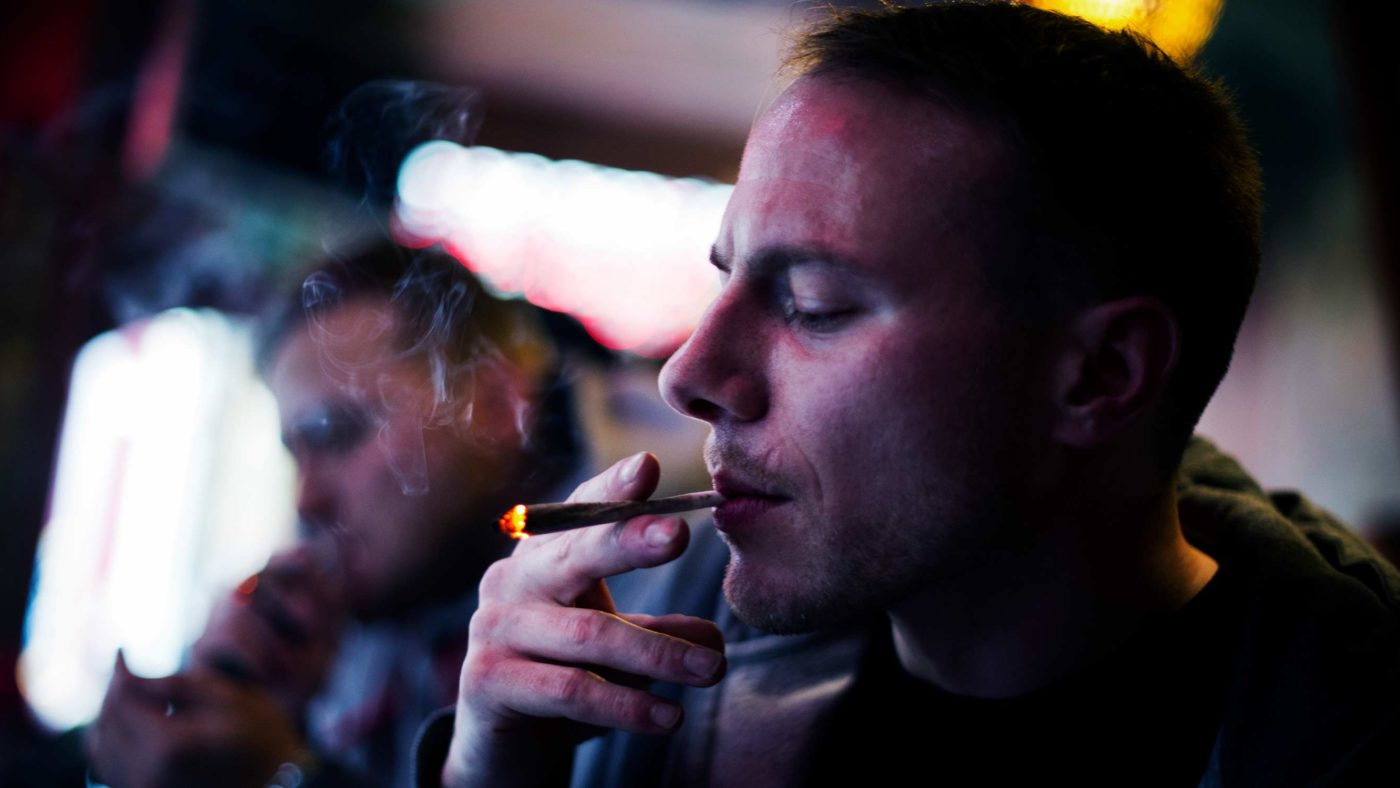If I were to ask you to name things to do with Amsterdam, cannabis and coffee shops would probably rank pretty high on the list. After all, thousands of tourists flock to the Netherlands each year to take advantage of the ‘legal’ weed.
Notice the inverted commas around the word legal; despite the stereotypes, the Dutch market for marijuana is actually far more restricted than many may realise.
Perhaps it’s best to start with a disclaimer: the Netherlands is undoubtedly leaps and bounds ahead of the rest of Europe when it comes to cannabis. The liberal approach to the buying and consuming of marijuana allows for a huge market in tourism, nightlife, and other related industries, earning the Dutch government a cool €400 million in taxes.
Yet, like Dutch-style houses, this looks far better from the front. While it’s easy for a consumer to pop into a coffee shop and enjoy the produce, it isn’t quite as simple for the coffee shops themselves.
This is the infamous “front-door open, back-door closed” policy of the Netherlands. The regulated part of the market applies only to the sale of cannabis to the consumers – the “front door”, if you like – which controls age limits, advertising, stock-limits, and other aspects of any business you would expect to be regulated.
Meanwhile the ‘back-door’ of the market, regarding the cultivation, production, and overall supply of cannabis, remains illegal. Coffee shops, technically, are breaking the law whenever they resupply their stock.
The strange paradox represented by the back-door problem, while a tad confusing, presents us with a wholly unique model of two distinct, separate cannabis markets, one which may be easily referenced to demonstrate the many benefits of legalised or tolerated marijuana over a black-market.
For instance, the existence of these two markets allow for the far superior consumer protection under a legal or tolerant market to be simply compared to the black market alternative. Those who choose to partake in the Netherlands, so long as they don’t cause a nuisance or possess more than 5g at the same time, will not be bothered by law enforcement.
Not only is this great for the consumers, who can enjoy without fear of arrest or fine, but the Dutch police are able to considerably save on time and money that would otherwise be wasted on nonviolent ‘criminals (a la the UK or US).
Producers, however, have it different. In 2015, the Dutch police shut down 5,865 cannabis plantations, signalling a far more hardline approach to this strictly illegal market, as opposed to the more tolerated one. As a result, the production side is linked with organised crime, human trafficking, and the production of harder drugs such as ecstasy and methamphetamine.
Immediately, we can see the benefits of tolerance. The state saves money on not policing the consumer market, while police can dedicate more of their time to combatting worthy crimes. Consumers, too, don’t have to smoke in secrecy and in fear, resulting in a far more visible, comfortable, and safe environment. Plus, let’s not forget about that €400 million in state revenue.
Meanwhile, any money made on the production side is going straight to criminals, and the forced black-market nature of it all seems to have contributed to organised crime and more serious offenses.
At present, the back-door problem is a major weight on the Dutch cannabis market, which has real potential for continued growth and prosperity as a result of its existing infrastructure, as well as the Netherlands’ reputation as a weed hot-spot. Fortunately, steps are currently being made to remedy this.
The Dutch state is planning to experiment with legal cultivation through the distribution of licenses to grow, in an attempt to measure the exact impact the current illegality has on organised crime. While this is early days, we can hope that a positive outcome of this experiment may trigger more willingness to discuss full legalisation in the Netherlands.
For now though, the two Dutch cannabis markets serve as great reminders both of the benefits of legalisation, as well as the dangers of continued criminality. Other European countries should learn from the Netherlands, and move for more toleration of marijuana and away from the iron-fist approach. In the meantime, let’s hope for continued open-mindedness from the Dutch, and for a totally legal market in the future.


